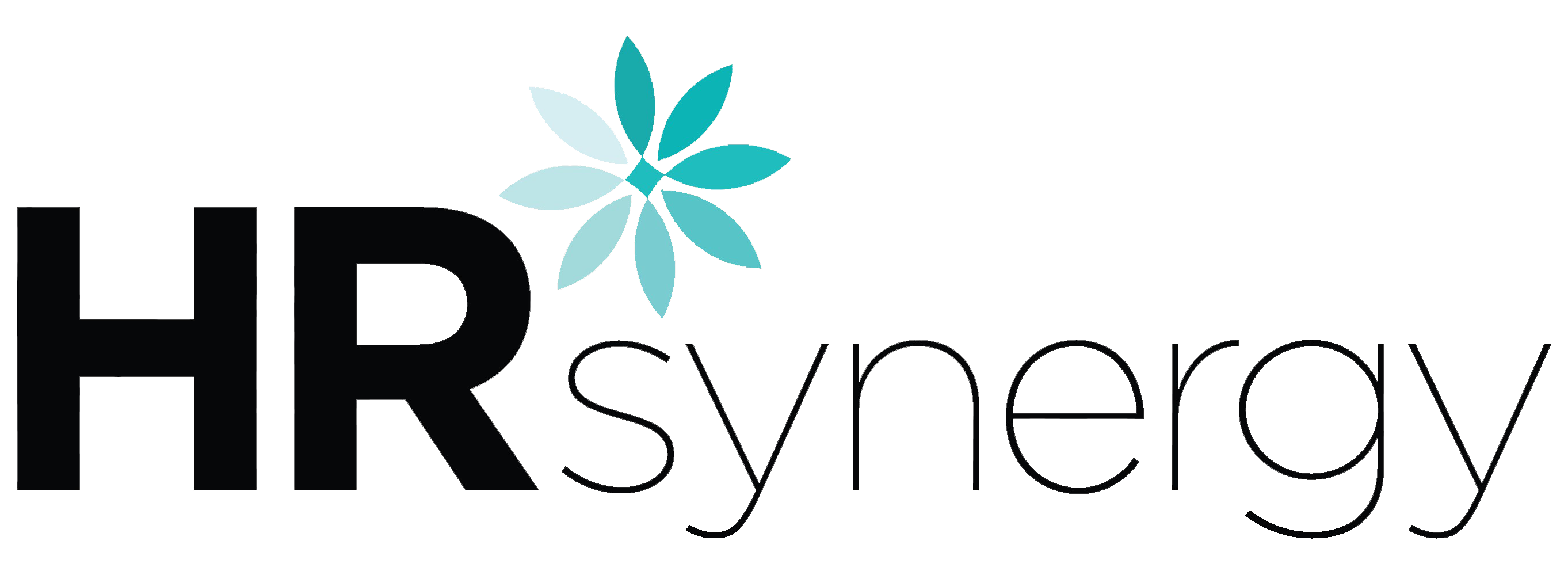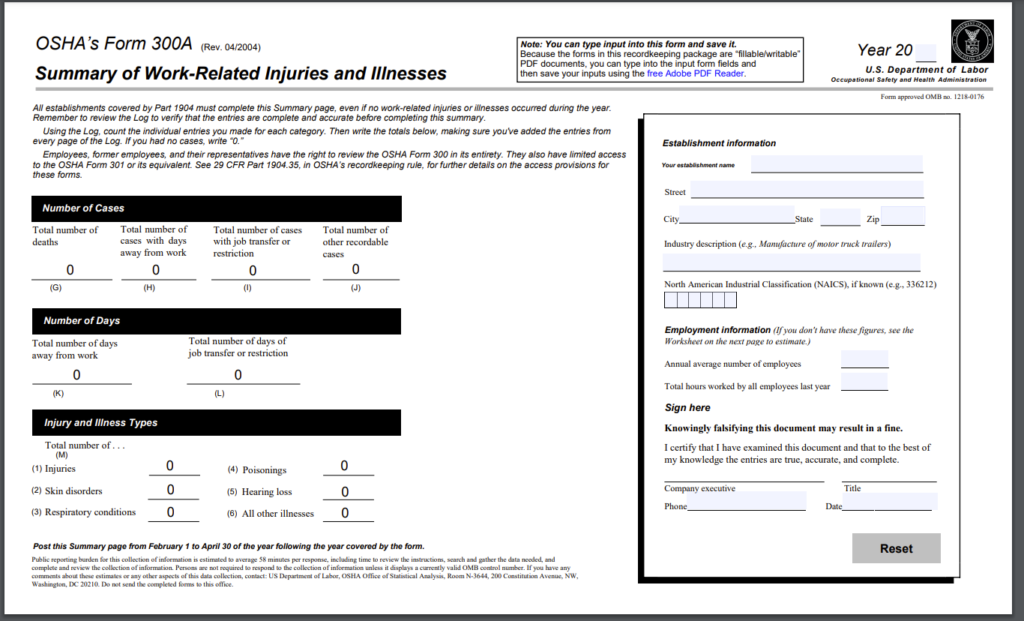This feels like good timing, while Harvey & Irma are major news items. Irma caused some minor screen damage to an employee’s home in Florida, but the neighborhood was blessed for the most part. Others in the paths were not so lucky. A sharp reminder to look at your own Emergency Response Plan for your employees.
An Emergency Response plan is part of OSHA’s 1910 Standard and is required for all employers. If you have fewer than ten employees, you can communicate your Emergency Response plan orally. This means you must have a written plan in place that can be communicated. These plans have 8 elements and must be reviewed annually with all employees, as well as included in your new hire training. The elements include the purpose, preferred means for reporting, escape, accounting, and shutdown procedures, along with rescue & medical duties and contact information. We can help customize an Emergency Response Plan for you that will help bring you into compliance with that regulation.
The N.H. Department of Safety put out an Emergency Preparedness & Action Wheel® in 2002. The information on it is excellent. For those of you still in Irma or Jose’s path, here are their steps to prepare and act now.
Prepare Now:
- Buy battery-powered weather radio and learn local emergency stations.
- Learn the meaning of watch-warning.
- If in a flood zone, purchase flood insurance.
- Plan to secure/evacuate mobile home for adequate shelter.
- Install storm shutters or use plywood to cover all windows.
- Remove branches, tall trees that may fall on house or other buildings.
- Prepare for storm season, stock extra food, batteries and jugs of drinking water.
Act Now:
- Listen to designated radio/TV, Emergency Alert System for emergency information and instructions.
- Move valuables to upper floors in case of flood.
- Secure or bring outdoor furniture inside.
- Close permanent shutters or cover all windows with plywood (taping windows does not prevent breakage).
If you choose to stay:
- Keep away from windows, doors, outside walls, do not open windows.
- Keep pets inside.
If you evacuate:
- Turn off water and electricity at main stations and unplug appliances (do not touch if wet).
- Do not leave pet(s) behind, take them with you to a pre-planned, safe location.
- Avoid downed wires. Do not try to walk or drive over them.
- Moor boat away from other boats in protected area.
They also define an auto disaster supply kit (maintained regularly) to include:
- Blanket or sleeping bag
- Flares and/or triangles
- Jumper cables
- Shovel
- Rock salt and sand (if applicable)
- Tire repair and replacement supplies
- Map(s)
If an emergency of any kind takes place at your business or after you conduct your required annual fire drill, do a de-briefing to see what was learned. You may also have to engage in recovery activities such as medical issues, psychological issues, infrastructure issues, insurance, etc.
Need help developing your organization’s safety policies and procedures? Contact the professionals at HR Synergy at (603) 261-2402. We provide outsourced HR Solutions—from policy development, to risk assessment, to labor law compliance and more—for NH businesses and nonprofits.
©1995 – 2002, EHMI, All Rights Reserved. With support from the Emergency Action Coalition, the Emergency Action Wheel®

